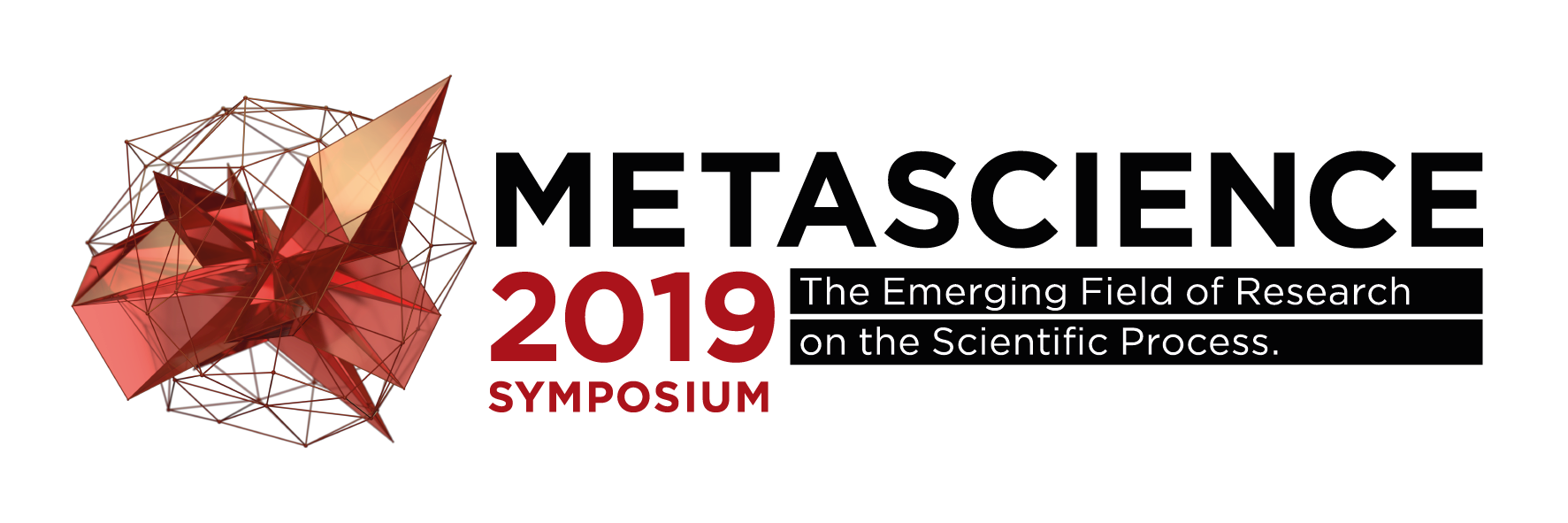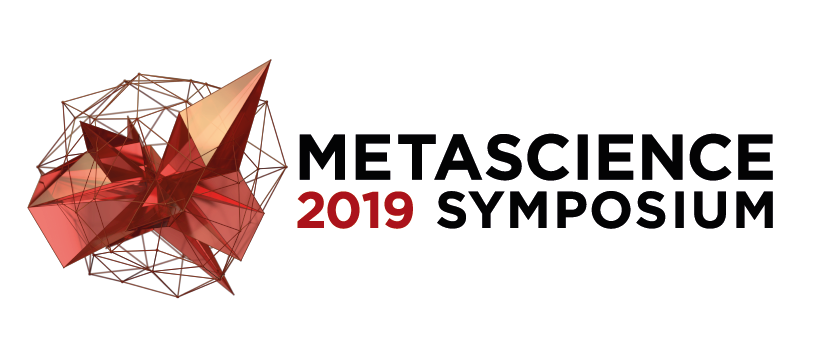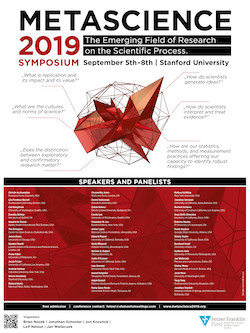Carl Bergstrom
University of Washington, USA
Go to his biography
Co-Authors: Kevin Gross (North Carolina State University, USA)
Abstract: The inherent inefficiency of grant proposal competitions and the possible benefits of lotteries in allocating research funding
A large fraction of scientific research funding is alloca- ted through a system of grant proposals and awards. We use the economic theory of contests to analyze the economic efficiency of this process. Investigators participate in contests to write high-quality proposals. Funding agencies use these contests not as a mechanism for extracting work from participants, but rather as a screening mechanism intended to reveal the most promising research projects. As a first approximation, the work that investigators do in proposal preparation provides no extrinsic value to the funder. We find that the effort researchers expend in preparing proposals may be comparable to the total scientific value of the additional funding. The problem may be exacerbated as the fraction of funded proposals drops. When investigators derive non-scientific utility from their funding successes (in the forms of e.g., hiring, promotion, tenure, or reputation), the net effect of a funding program on scientific productive can be negative. We suggest that partial lotteries for funding may ameliorate the problem by reducing the intensity of competition and the extra-scientific benefits associated with funding success.




